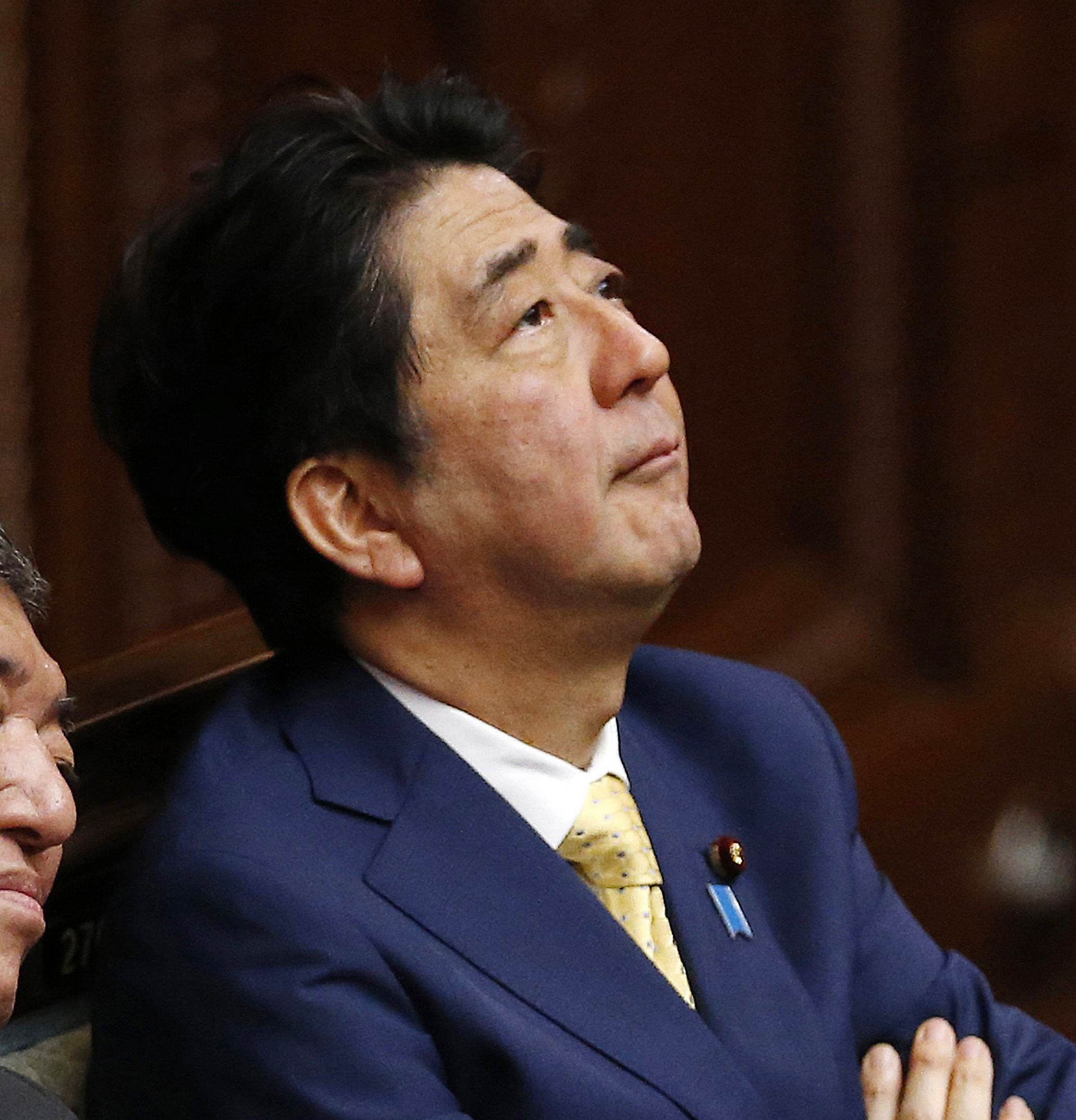Japan’s lower house of parliament OKs expanded military role
As opposition lawmakers walked out in protest, Japan’s lower house of parliament approved legislation on Thursday that sharply changes the country’s postwar defense policy by allowing an expanded role for the military. The vote came one day after Prime Minster Shinzo Abe’s ruling bloc forced the bills through a committee despite protests both inside and outside parliament. On Thursday, hundreds of protesters outside the building chanted anti-war and anti-Abe slogans during the debate and vote, some holding banners reading, “No to war legislation!” Abe has long wanted to remove restrictions on Japan’s military in the U.S.-drafted post-World War II constitution.
The legislation is absolutely necessary in order to protect the lives of the Japanese people and prevent the risk of war.
Japan’s Prime Minster Shinzo Abe
The legislation allows the military, called the Self-Defense Forces, to defend the U.S. and other countries if they come under attack, even if Japan is not. Opponents say the conditions for involvement are overly vague, giving future governments too much leeway to interpret them as they see fit. They also criticize the forced vote by the ruling bloc as tyranny by the majority. Polls show that about 80 percent of Japanese oppose the bills and that the majority believe the legislation is unconstitutional. Abe has wanted to revise the charter but lacks public support to do so, and instead has reinterpreted the war-renouncing article and crafted the legislation to fit the reinterpretation.

Asia-Pacific